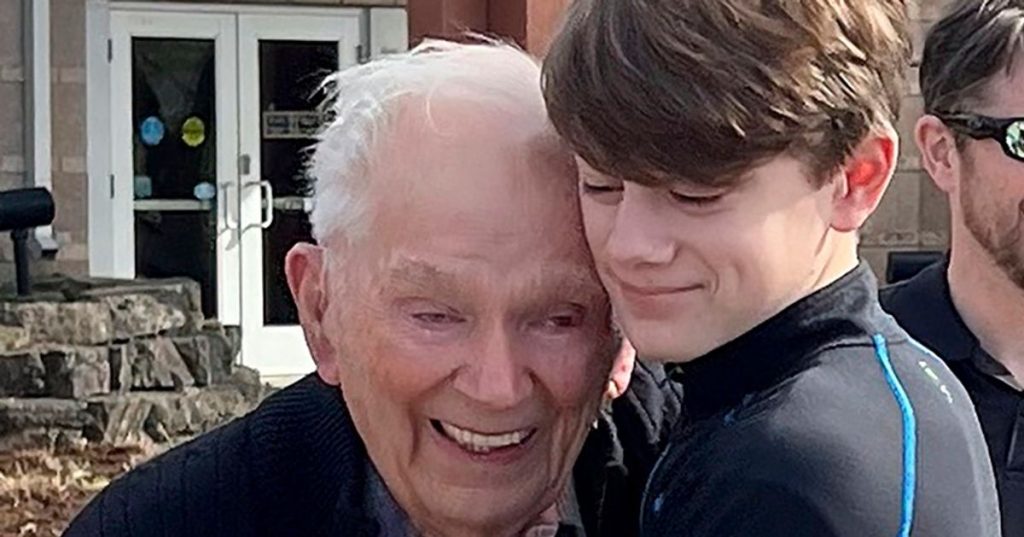At 98, Orville Allen, a veteran of World War II and the Korean War and a former educator, became the oldest American to donate an organ when he donated his liver upon his death on May 29. He fell while cleaning up storm debris, causing swelling around his brain that couldn’t be healed. His family agreed to donate his liver, knowing his nature of always helping others. Previously, Cecil Lockhart was the oldest person to donate an organ at 95 in 2021. The number of organ donations and transplants has increased, with liver transplants surpassing 10,000 for the first time last year. However, over 100,000 people are on the waiting list for a new organ, leading researchers to explore alternatives to ease the shortages.
Increasingly, older adults are able to donate organs upon their death. Medical advances enable nurses and hospital staff to refer potential donors without considering age, allowing transplant physicians to evaluate the medical eligibility of each individual. In the Mid-America Transplant region, livers have been procured from donors in their 80s and 90s, showcasing the resilience of the liver and success of donations at advanced ages. About 12% of deceased organ donors in the first four months of this year were aged 65 or older. While the impact of aging varies by organ, many transplant centers won’t consider hearts from senior donors.
Orville Allen, a lifelong resident of southeast Missouri, had a long history of service in the military, as a farmer, and as an educator. He was a pilot in the Army Air Corps during WWII and served in artillery communications during the Korean War. He also taught vocational agriculture at Neelyville High School for nearly four decades. Despite never officially signing up to be an organ donor, his family hopes that his story will encourage more people to register. Many former students and friends expressed their intention to become organ donors after hearing about Allen’s donation.
Allen’s family found solace in the fact that they were able to donate his organ during a difficult time. His son Greg Allen expressed how uplifting it was to help extend someone else’s life, emphasizing the impact on the recipient’s family. While older adults like Allen can successfully donate organs and provide life-saving benefits to recipients, the impact of aging varies based on the organ. For example, many transplant centers are cautious about accepting hearts from older donors. With the increasing need for organs and the success of donations at advanced ages, more people are encouraged to consider becoming organ donors to save lives.


